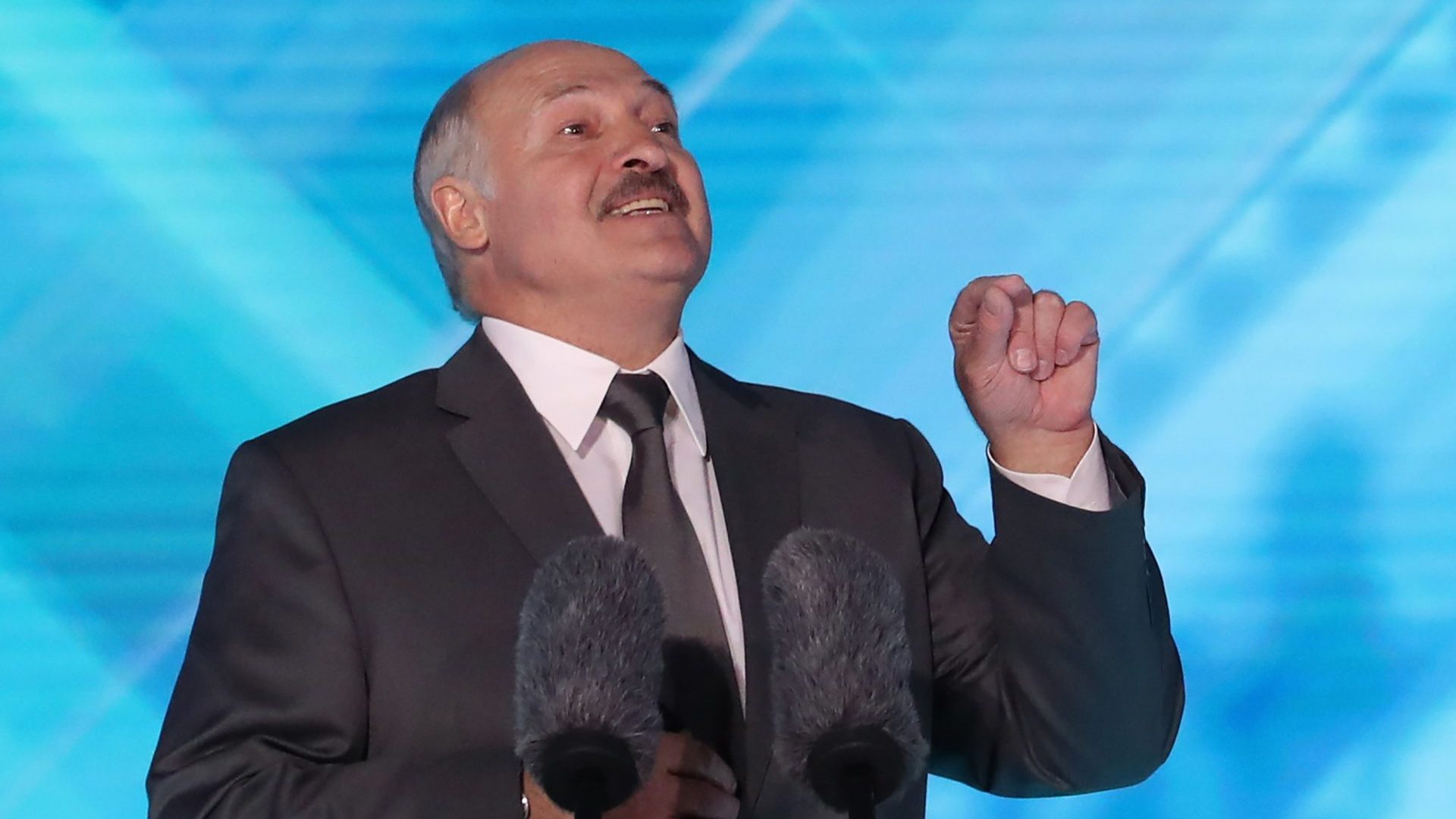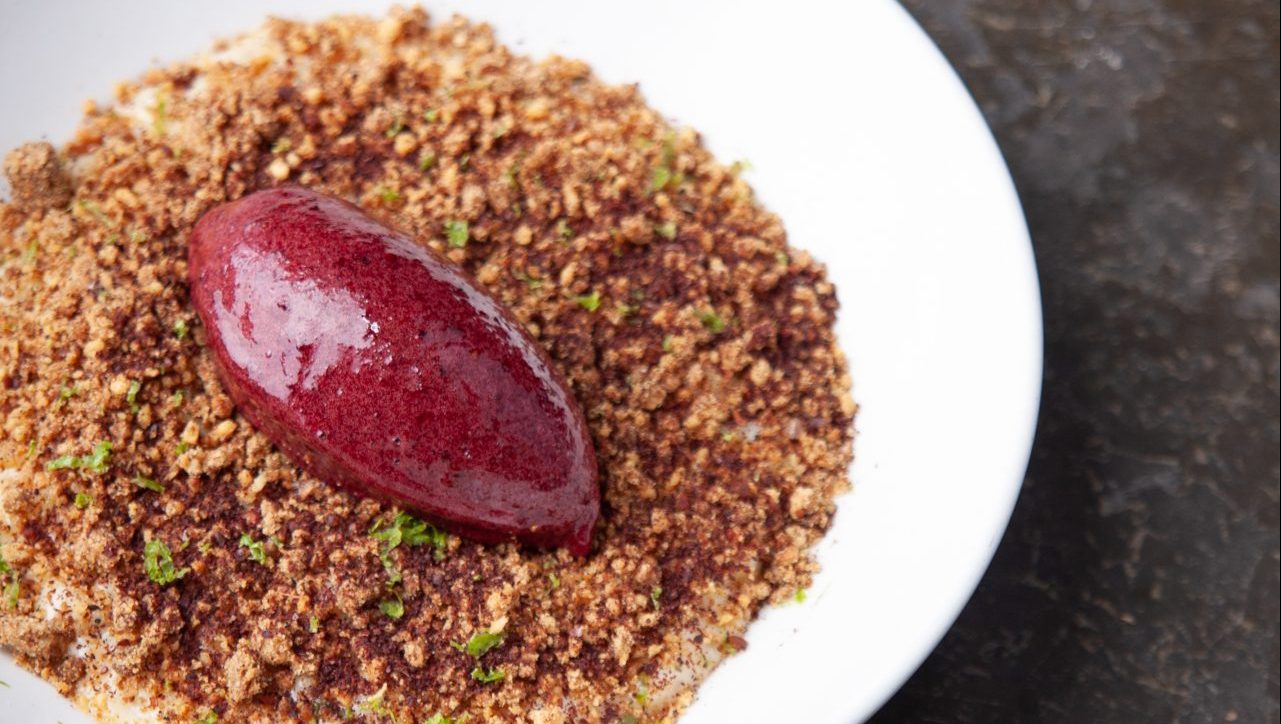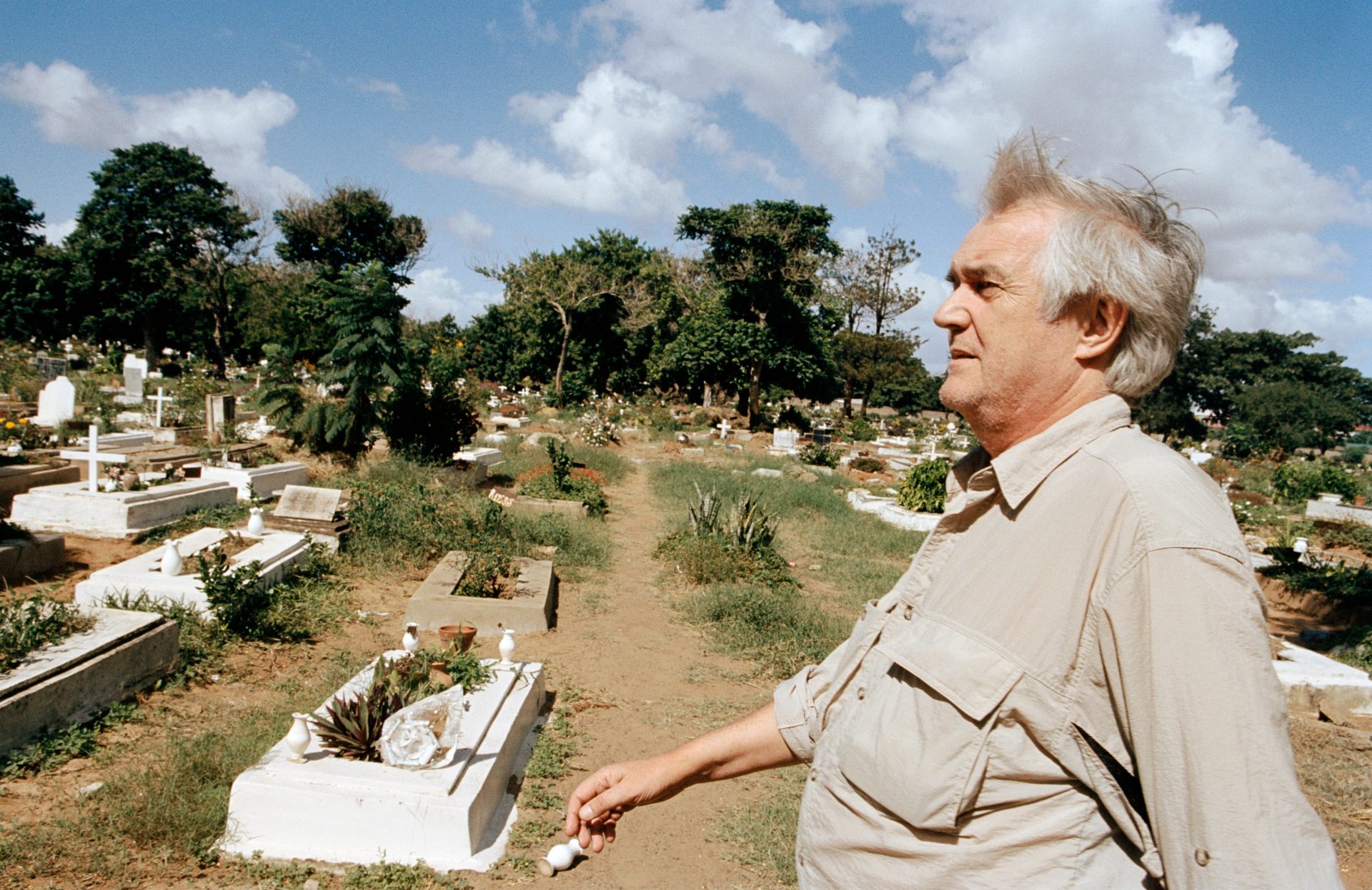This newspaper recently published an important letter from Tom Priestly, who is an emeritus University of Alberta professor specialising in Slavic languages, notably the South Slavic Slovene language (spoken not only in Slovenia but also in Austria, and neighbouring areas of Italy and Hungary).
Professor Priestly wrote about the language situation in Belarus. This polity used to be known as White Russia in English, and still sometimes goes by the name of Weissrussland in German. The term Byelorussia is often used by Russians.
Tom quite correctly pointed out in his letter that, by changing the spelling in our pages of a single word, by a single letter, we could play a role in striking a blow for democracy, freedom and human rights.
The word in question is the family name of the anti-democratic, antihuman rights president of Belarus, Alexander Lukashenka. “Europe’s last dictator” is the man who orders the carrying out of illegal acts like the forcing of an aircraft flying over his country to land and the kidnapping and imprisoning of some of its passengers.
We have till now most often been spelling the name of this man as Lukashenko, but Tom urges us to replace the final o with an a. The historical background is this: With the break-up of the Soviet Union in 1990, Belarus became an independent nation-state which had Belarusian as its official language. The Belarusian language is a member of the Eastern branch of the Slavic language family, along with Ukrainian and Russian. (The major Western Slavic languages are Polish, Czech and Slovak).
Since the mid-1990s, however, Lukashenka, who favours the illiberal policies of the current leaders of neighbouring Russia, and fears and distrusts the more liberal regimes of neighbours such as Lithuania, has been conducting a campaign intended to lead to the Russification of his country. Part of this campaign has involved the downgrading of the status of the indigenous
Belarusian language and its replacement by Russian. Belarusian, Ukrainian and Russian are all written in the Cyrillic alphabet, so anything from an East Slavic language which we print in this newspaper involves transliteration from the Cyrillic alphabet into the Latin alphabet, according to the norms of English orthography.
People writing in other western European languages do the same thing according to their own norms. While we normally write the famous Russian composer’s name as Shostakovich, people writing in German often spell his name Schostakowitsch, and Poles write Szostakowicz. The transliteration of the name of this particular much-reviled dictatorial president from the Belarusian version of his name into English gives Lukashenka, with our letter a at the end corresponding to the identical letter in Cyrillic. But doing the same thing starting with the Russian version of his name produces Lukashenko.
Every time we write “Lukashenko” we are therefore unwittingly helping this man in his policy of weakening the language and culture of his own nation and repressing his own people and denying them their human rights.
Similarly, the journalist who was the victim of Lukashenka’s outrageous kidnap is called Roman Protasevich by the Russians and by Lukashenka, but his true Belarusian name, which we should use in urging his release, is Raman Pratasyevich.
KIDNAP
The term kidnap originally referred to the stealing of children in order to provide labourers for work on American cotton plantations. The meaning then expanded to cover the carrying off of people generally by illegal force. The form nap, ‘seize, catch’, is now more often nab, and is of uncertain origin.




